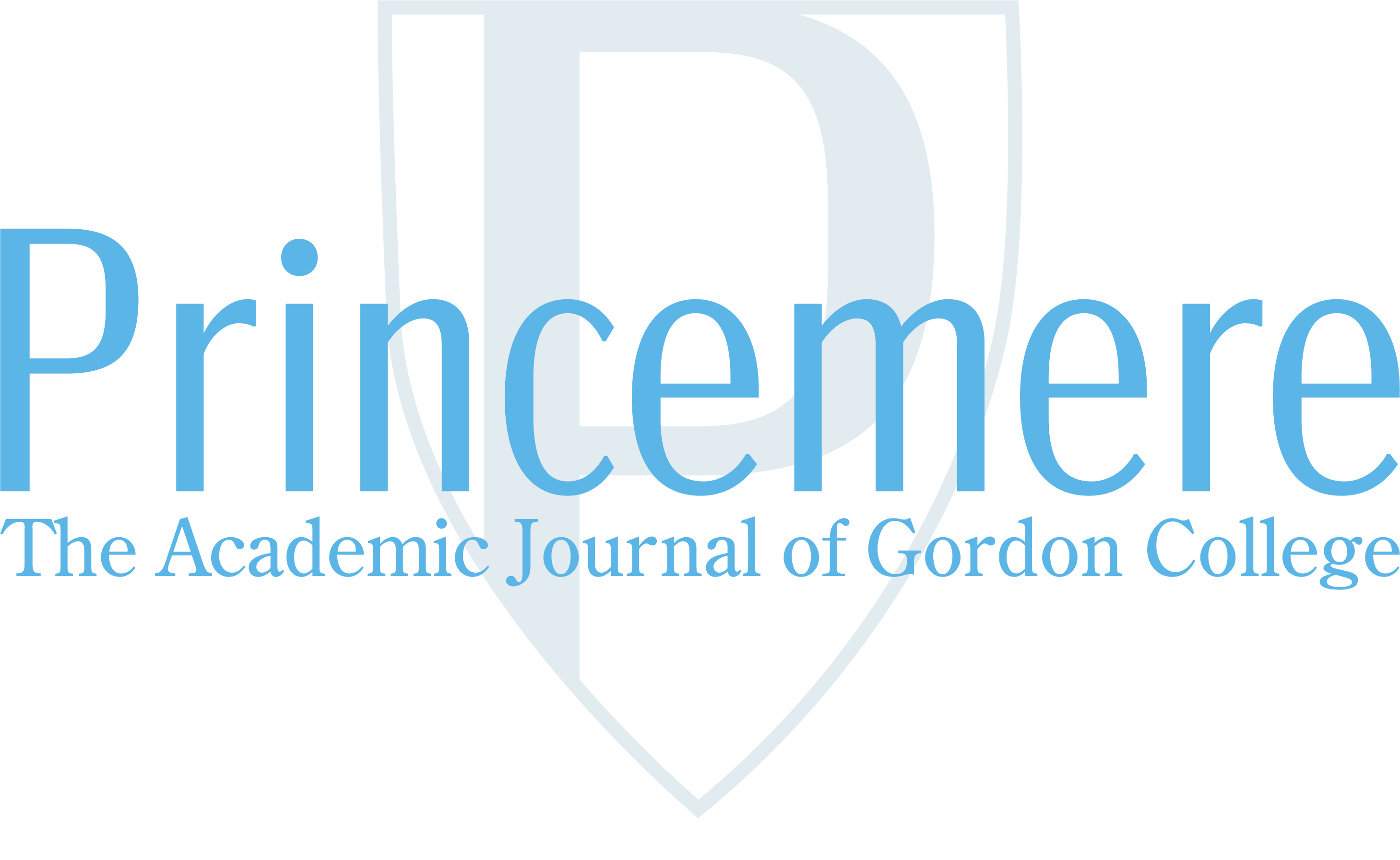“Be Still and Know that I am God,” Psalm 46:10.
In the Christian community, this verse seems to permeate throughout all dominations and religious circles. Over the years, however, it seems to have lost much of its intended effect, and is now seen to many as only a comforting decoration on pillows and leather bibles, In a way, the church has become desensitized to the quiet command until it no longer feels like a command at all, but a mere suggestion.
However, this is not the only verse about stillness, nor is it the only command from God about spending quiet time with Him. Exodus 14:4 says that “The Lord will fight for you, and you have only to be silent.” Perhaps most notable is the verse in Mark 4:39 which reads, “And [Jesus] awoke and rebuked the wind and said to the sea, “Peace, be Still!” And the wind ceased, and there was a great calm.”
This verse in particular seems to go against everything that modern Americans have been raised to believe. Our generation has been taught to strive for independence, not realizing the dependence we have placed on things such as social media and our need for instant gratification.
However, while self-reliance is a powerful skill in both our professional and personal lives, it tends to creep a bit further than this, carrying over into our spiritual lives as well. When one adds technology to the mix, the issue only worsens. Now, we not only have a generation obsessed with busyness, but also one that receives validation from social media likes and inauthentic online communication. Ironically, it is this generation which is plagued with the most insecurity and mental health issues. The connection, then, cannot be overstated, and therefore must be addressed: social media, when used in excess, leads to insecurity, and distraction from God’s plans for our lives. Therefore, I argue that it is only through finding stillness in the Lord that one can achieve true rest.
According to a study published in the Journal of Behavior Addictions, social media can be likened to a drug addiction with effects such as withdrawal and relapse when participants went without technology for a number of days. Dar Meshi, the leading author of the study, offered a warning of sorts upon making this connection. He says, “Around one-third of humans on the planet are using social media and some of these people are displaying maladaptive, excessive use of these sites. Hopefully our findings will motivate the field to take social media overuse seriously” (Hilliard 1).
The question one must ask then is why? Why do we feel the need to distract ourselves with technology— to stay busy and avoid stillness at all costs? Abhijit Naskar writes in The Gospel of Technology that “Humans are lamentably insecure creatures, and often they pick up their modern devices to alleviate that insecurity, in a subconscious attempt to receive some thrill and reward. And the longer we keep on practicing such habits, the more hooked we get to our devices, often to the point of losing our mental stability. So, devices that were mainly invented as means of communication have become weapons of mental devastation” (43).
With Instagram likes working like a slot machine and social media algorithms tracking our insecurities, it’s no wonder that we have become a society obsessed with immediate gratification. Not only that, our society, as Naskar alludes to, has become far more insecure because of this addiction. An article from Isra Medical Journal backs up this idea explaining that “A low level of self-esteem is related to negative self-beliefs, more addictive behavior, and pathological use of social media and mobile phones” (48).
The studies have proven what they’ve sought to show. The experts all agree: social media is damaging our mental health, and the need to distract oneself through it is slowly ruining our ability to sit with our thoughts. And yet, we keep going around in circles, telling ourselves that the quick rush of serotonin we get each time we go online is somehow sustainable, even as that feeling results in an inventible crash each time.
However, it is not socially accepted to be still— to delete the social media apps and to be quiet with God. It feels foreign to us now, like trying on shoes that no longer fit. What used to come easily before the pull of technology and the desire for distraction now feels wrong. And yet, the command is still there.
“Be Still and Know” (Ps. 46.10)
And then the same command again, worded a bit differently. “Peace, be still” (Mark. 4.39) The latter verse is especially intriguing when one considers the word “peace.” In a generation that is riddled with anxiety and depression, peace seems difficult to achieve. However, this verse seems to simplify our futile attempts at achieving peace on our own. Instead, upon closer reading, the verse reads as instruction to followers of Christ. “Do you want Peace?” it seems to ask. “Then Be still.”
But how do we cultivate stillness in a society that tells us that it is better to be busy?
First, we must understand the true definition of stillness and how it relates to our relationship with God. Joseph Wong writes in “The Jesus Prayer and Inner Stillness” that “According to the ancient monastic tradition, the monks went into the desert in order to cultivate hesychia, a Greek term which means “inner silence” or “inner stillness” (86). Wong then quotes Hierotheos Vlachos, a contemporary Greek Orthodox writer who explains hesychia as “The peace of the heart, the undisturbed state of the mind (nous), the liberation of the heart from the thoughts (logismoi), from the passions and the influence of the environment; it is the dwelling in God” (86).
If Vlaachos is correct, that stillness, or hesychia is, in fact, the dwelling of God, then this should be our first priority as Christians. Stillness should then be a part of our everyday, and yet for so many of us, stillness takes a back seat to thoughtless hours spent scrolling through social media or distracting ourselves with purposeless tasks. Again, we ask why? In fact, there are perhaps many reasons for this unfortunate reality, such as lethargy, a lack of ambition, a fear of being alone with our own thoughts, etc. Some argue that perhaps it’s something even deeper than that— perhaps we believe the lie that we are inadequate in the presence of God, even as the Bible tells us otherwise.
Still the command remains. “Be still and know” (Ps. 46.10).
Despite the seeming simplicity of the command, being still is no easy feat. It requires focus and patience as well as a certain vulnerability. Perhaps most of all, it requires an eager and expectant heart that is not afraid of what it might find buried deep inside. Wong writes that “From its starting point as a physiological organ of flesh and blood, the heart goes deeper to mean the interior center of the whole person, the “inner self” or “true self.” The heart is the central point where the body, mind and spirit are unified” (94). The heart then, must be dedicated to stillness, impassioned for quiet— not the allure of interruption.
St. Basil the Great describes what is often the most common issue with stillness: the issue of the mind. He says, “When the mind is no longer dissipated amidst external things, nor dispersed across the world through the senses, it returns to itself; and by remaining in itself it ascends to the thought of God” (Carretto 16). Therefore, it is not about “shutting the mind off” or trying not to think, for we know that this is impossible. Rather, it is about orienting our thoughts on God and God alone, centering ourselves on achieving stillness over all other goals.
When one considers the purpose of social media as something that is crafted with the intention of fulfilling our natural desire for connection and acceptance, the reality of our shared humanity inevitably comes to light . We all want to be loved and appreciated— to be seen as beautiful and worthy. However, the hope that we put in the connection of social media often become merely a mirage which moves further and further away the faster we chase them. These false forms of connection promise fulfillment, but instead offer only a meager glimpse of the affection we strive for.
We crave peace so desperately. We read books— go to therapy— scroll through social media in the hopes that our rest will be found in one of these outlets. But the anxiety persists— and it will always persist until we find peace in the Lord alone. God promises us perfect peace if we choose to be still with him. He promises healing from addiction and the lies that discourage us. God calls us to align our hearts and minds with him— to “be in this world but not of it.” He calls us to cherish the quiet instead of running from it. He gives us the answer to stop the anxiety from overtaking us.
“Peace?” he asks us. And then, once more He gives us that command, but this time we really understand it for what it is: an answer to all of life’s fears.
“Be Still” (Ps. 46.10).

Laura Caron
Laura is currently a Junior at Gordon College studying English, and Communication. Passionate about the written word, she enjoys expressing herself through writing both professionally and creatively. In her free time, she enjoys reading, hanging out with friends and being active. As editor-and-chief of the Princemere, she is focused on creating a space that encourages everyone to find the joy within writing and the art of storytelling.

